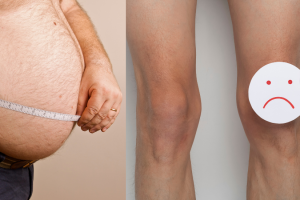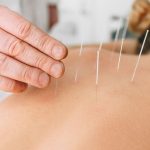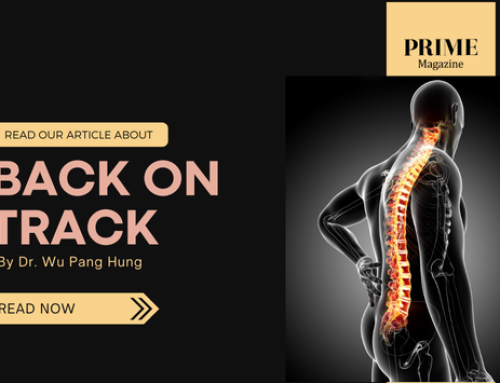Question:
I am 58 years old and I have problems with my knee joints. Many years ago, I started to suffer joint pain in both of my knees and tried many ways to eradicate the problem, such as applying medicated oil and not wearing high-heeled shoes. As I am overweight, I would like to know if being overweight is the main cause for my knee pain. Besides surgery, is there any other solution to my knee problem?
Answer:
The knee is a prime example of a joint that undergoes wear-and-tear (degeneration) with increasing age. This is because the knee joints bear weight throughout life, and also because the joints are prone to injuries due to daily activities, sports and accidents. Mobility and high degree of bending (flexion) in the knee also lead to increased stress on the joint cartilage and bone. When all these factors add up and cause joint damage over a period of time, knee osteoarthritis (wearing out of the joint) may ensue, leading to knee pain and sometimes deformity.
Scientific studies have established certain risk factors for symptomatic knee osteoarthritis. In particular, there is a female preponderance, and it is established that being overweight increases the risk of knee osteoarthritis, especially in women. Other risk factors that are significant include previous knee injury, occupational and habitual knee bending (such as squatting and kneeling) and physical labour that stresses the knees. In some races, especially Asian, knee and leg shape (e.g. bow-leggedness) can play a part in the development of knee osteoarthritis.
If a person is overweight and experiences knee pain due to degenerative causes, a moderate amount of weight loss can be helpful in alleviating the symptoms. Even a modest weight loss of 5% of the current weight has shown to be beneficial. Activity modification can also help in slowing down the worsening of the condition, particularly avoiding or reducing activities that stress the knees such as squatting, kneeling, or going up and down the stairs.
Many cases of knee pains can be managed without surgery by using such measures and with treatments like physiotherapy. In all cases however, if the pain persists despite simple measures, it would be advisable to seek medical attention to make sure that there are no other causes for the knee pain. An orthopaedic or knee specialist will also be able to investigate further to ascertain the treatment options that can work best for a particular person.

Associate Professor Wilson Wang
A/Prof Wilson Wang specialises in a wide range of knee and hip treatments and operations, including total joint replacement surgery of the knee and hip, other joint operations (e.g. revision knee and hip replacements, osteotomies), arthroscopic (keyhole, minimally invasive) surgery including ligament reconstructions, meniscal repairs and cartilage and scaffold reconstructions and complex and advanced joint surgery such as meniscal transplants, partial knee replacements and 3D guided surgery.
A/Prof Wang completed his medical degree with distinctions and multiple awards at University College London (UCL), UK, and was awarded the Girdlestone Scholarship by the University of Oxford for his Doctor of Philosophy (Ph.D.) degree. His specialty training in knee and hip surgery was at the internationally recognised Nuffield Orthopaedic Centre in Oxford, UK. In addition to his clinical work, he leads a prizewinning programme in orthopaedic research, with special interest in hip and knee reconstruction, implants, tissue regeneration and 3D printing in medical technology.
He was the President of the Singapore Orthopaedic Association from 2012 to 2013, and currently serves as Singapore Representative of the ASEAN Arthroplasty Association and also of the Hip Chapter of the Asia-Pacific Orthopaedic Association, and as Editor-in-Chief of the scientific journal Science Insights Medicine.











